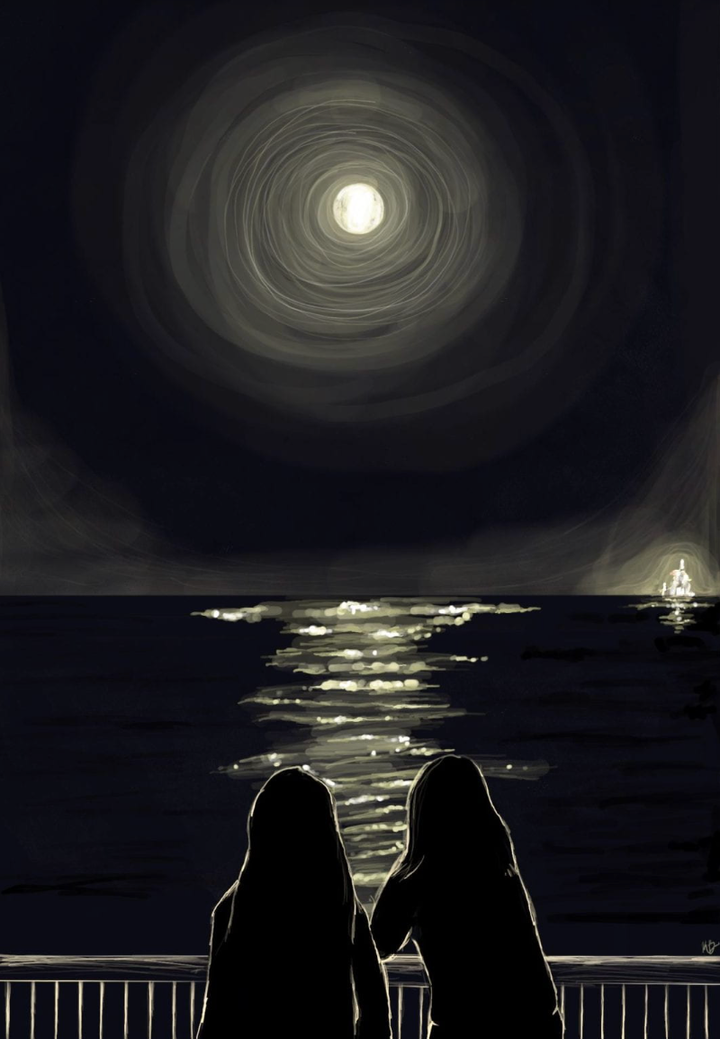Masse Brings Shakespeare Plays To Life
Four presentations have been given so far this semester, including a 50-minute performance of Act III of “Hamlet,” featuring 19 students from the class. The performances were directed by Levy-Despas Fellow Florent Masse, who, after the success of his last Amherst theatrical endeavor, “Travaux,” has now brought his theatrical talents and enthusiasm to the English department.
“Only Florent would be crazy enough to try doing the third act of ‘Hamlet’-the heart of the play-in just ten days,” said Rebecca Johnson ’03, an English 35 student who worked as assistant director for the performances.
The idea for incorporating a performance component into the curriculum came about last spring when Masse collaborated with former Assistant Professor of English Leslie Katz for her Shakespeare class. The performances that Masse directed for that class were held in Fayerweather Hall’s black box theater, which Masse fondly described as “an amazing place, full of creative opportunities.”
Though sorry that the black box is no longer available, Masse has made himself at home in his new space. He works with the specific attributes of the room, not against them, when directing his performances.
“The Red Room is a really playful space, but it’s also a challenge because it’s an academic building, so we have to compete with a lot of different distractions,” Masse said. “It’s a very exciting place to work in, though, and the structure is reminiscent of an Elizabethan theater, so in that respect, it’s very appropriate.”
In addition to his new location, Masse is also adapting to a new, larger group of students (about 100, as oppose to the 30 who were enrolled last spring) and a new professor. After last semester’s successful trial run, the performance component has been officially incorporated in the class’ curriculum, as students are given the option of participating in one performance in lieu of a writing assignment.
“These are not just kids standing up and reading from their texts to each other. These are real performances: lines are memorized, the actors are in costume, and the performance is staged,” said Masse.
According to Masse, the presentations have been a wonderful opportunity for both himself and the students. “Performance gives wonderful insight into the text because it gives the class direct contact with the Shakespearean world, which can be intimidating,” Masse explained.
Just as he works with idiosyncrasies of the performance spaces, Masse also makes use of each actor’s personality and mannerisms and tries to incorporate these characteristics into the performance, so Masse is an ideal director in this class which is comprised of students with a wide variety of acting and theater experience.
This diversity adds to the excitement, in Masse’s opinion. “I’m very happy to be reaching out to many different types of students, many of whom would never do drama normally,” said Masse, adding that all actors “have done great jobs and surpassed my expectations.”
Up next for Masse is another edition of “Travaux,” a collection of scenes from French theater, with a new group of actors, which will be performed this March, as well as another performance by last year’s “Travaux” actors. As for English 35, both Masse and all the students hope that this program will continue into future semesters. As Johnson put it, “Shakespeare should be studied through performance-his poetry was meant to be heard before it was read.”





Comments ()